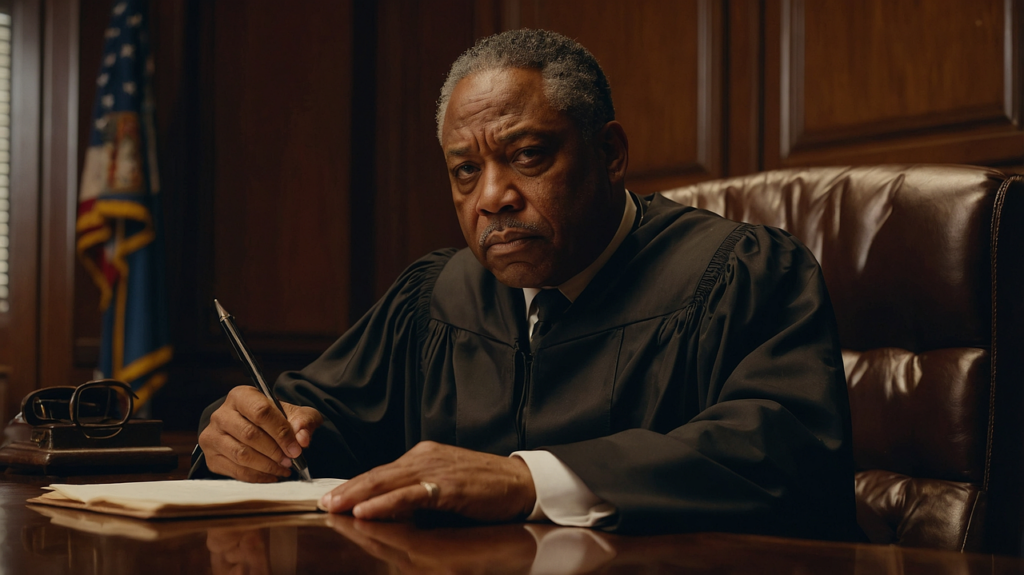On February 26, police responded to a welfare check at the Santa Fe home of actor Gene Hackman, 95, and his wife, Betsy Arakawa, 64. Sadly, they found the couple and their dog deceased. Hackman, known for standout roles in “The French Connection,” “Superman,” “Hoosiers,” “Unforgiven,” and “The Royal Tenenbaums,” had been living a quieter life in New Mexico with Arakawa, whom he married in 1991.
Reports later revealed Arakawa passed from a rare illness, hantavirus pulmonary syndrome, which is carried by rodents, and Hackman likely died days later from heart disease, complicated by Alzheimer’s. Fans mourned the loss of the iconic actor, but estate planners were paying attention to another detail: who passed away first due to the presence of a simultaneous death clause in their wills. Here’s why it matters in Washington state estate plans and how having this clause could impact your loved ones.
Why It Can Matter Who Dies First in a Marriage
Hackman had three children from a previous marriage: Christopher, 65; Elizabeth, 62; and Leslie, 58. None of them were named in his will. Arakawa didn’t have children.
In many married couples’ wills, everything is left to the surviving spouse. So when one dies, the other inherits. But if both spouses die around the same time, and especially if there’s no will (dying intestate), things get more complicated. This was not the case here; Hackman last updated his will in 2005.
Who gets what can hinge entirely on the order of death. For the sake of this example, if Hackman had passed away first without a will, under New Mexico law, Arakawa would have inherited half of their community property and a portion of Hackman’s separate property. The rest (the remainder) would have then gone to his children.
But since Arakawa died first, and the spouses each had wills with a simultaneous death clause, the estate planning outcome shifted to what it is: In her will, Arakawa left everything to Hackman unless they passed away within 90 days of each other, in which case, her assets would go into a trust and, after covering any medical bills, would be donated to charity.
As for Hackman’s assets? Well, that remains to be seen. Despite his wishes, which we can assume were not to leave his children anything since they were not named as beneficiaries, under New Mexico law, his children may still be able to inherit. This makes the Hackman-Arakawa tale a cautionary one.
The “Simultaneous Death” Rule and How It Plays Out in Washington State
Washington has a law called the Uniform Simultaneous Death Act. The clause kicks in when two spouses die within 120 hours (five days) of each other.
If the time of death is too close to call, the law treats it as if each person passed away before the other. Neither spouse inherits from the other — each person’s estate is passed down to their own heirs or as outlined in their will.
Consider life insurance for a moment. If a husband lists his wife as the primary beneficiary and his kids as backups, and both spouses die in an auto accident, the kids would get the money. The insurance company doesn’t want to send the money to the wife’s estate only to have it then pass to the kids via probate. The law is intentionally designed to avoid that kind of hassle and confusion.
If the Hackmans Lived in Washington and Had Washington Estate Plans
If Hackman and Arakawa had been Washington residents and passed away within five days of one another, the Uniform Simultaneous Death Act would’ve affected the distribution of their estates by treating each as though they died before the other. This means neither would inherit from the other, and their assets would pass directly to their own named beneficiaries or heirs.
Washington estate plans, including wills and trusts, often have clauses to address this exact situation.
Some couples specify that the surviving spouse must live for 30, 60, or even 90 days to inherit; otherwise, the assets will pass directly to the next in line, usually children, other relatives, or charities. If there’s no estate plan at all, Washington’s intestacy laws take over, which can result in outcomes that may not reflect the couple’s actual wishes.
When There’s Suspicion Around a Death
In the early days after the news broke, many speculated that foul play was involved. As we learned, that wasn’t the case. But the possibility brings up another aspect of estate planning: the slayer statute.
In Washington state, if someone is found responsible for causing another person’s death, they’re blocked from inheriting from them. It doesn’t matter if they were a spouse or listed in the will. You don’t get to benefit if you were behind the person’s death.
Speak With a Washington Estate Planning Attorney for Protection and Peace of Mind
This story, while tragic, is a reminder that having a Washington state estate plan is the most effective means of avoiding confusion and conflict down the line. When people pass away close together or unexpectedly, families are already left dealing with a lot. They don’t need more problems.
A solid estate plan provides clear instructions, minimizes legal complications, and helps keep relationships intact when a family member dies. If you haven’t looked at your Washington estate plan in a while — or if you don’t have one at all — now’s as good a time as ever to update the one you have or start the estate planning process.
At Elise Buie Family Law, we know that estate planning conversations can be uncomfortable. The same is true for decision-making, including who will fill the specific roles in your estate plan, not to mention who will be your beneficiaries. Our team of Seattle estate planning attorneys has a deep understanding of the law and the issues involved, and can support you according to your unique needs. Call us today or schedule a time that’s convenient for you to speak.











